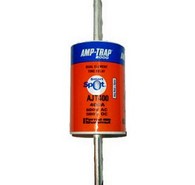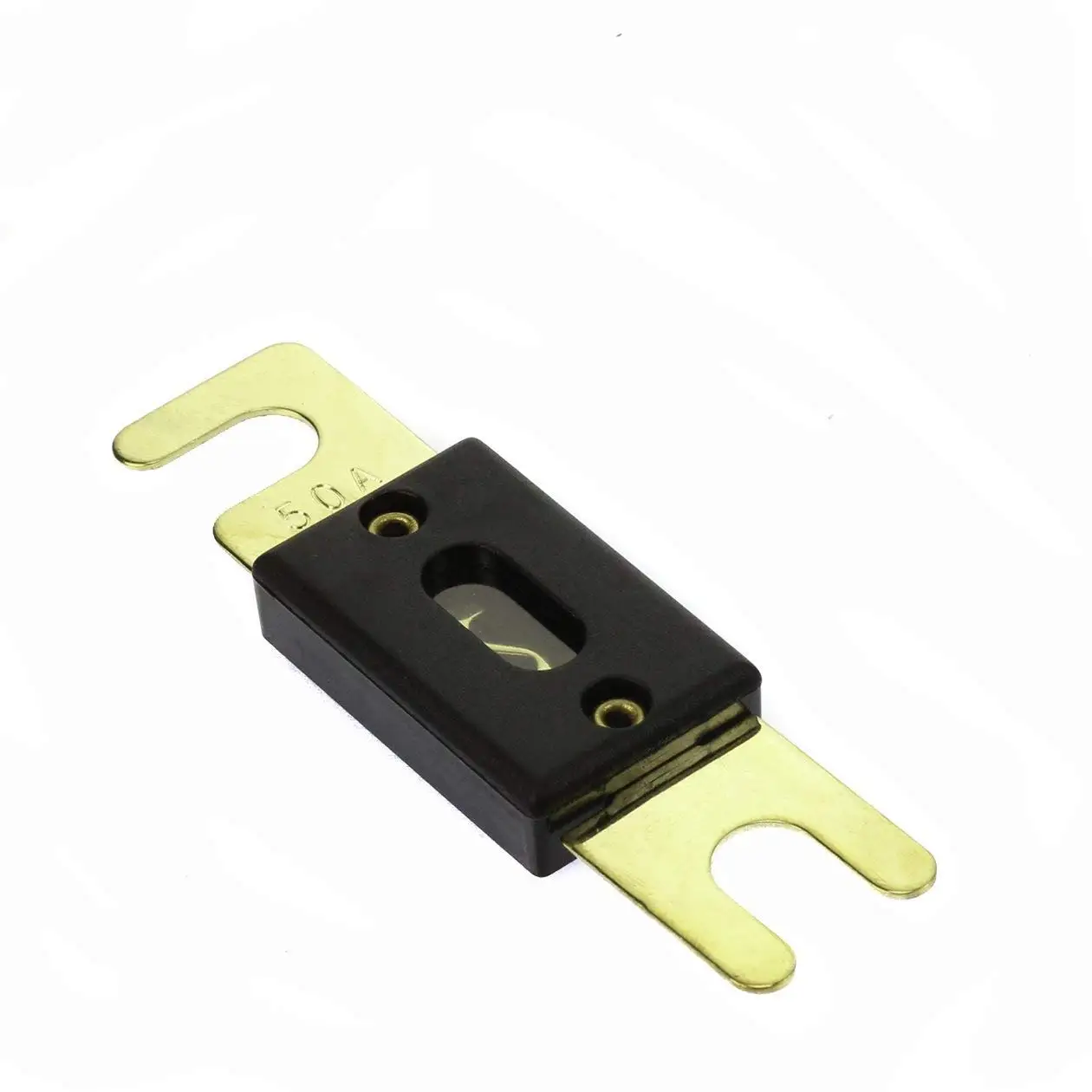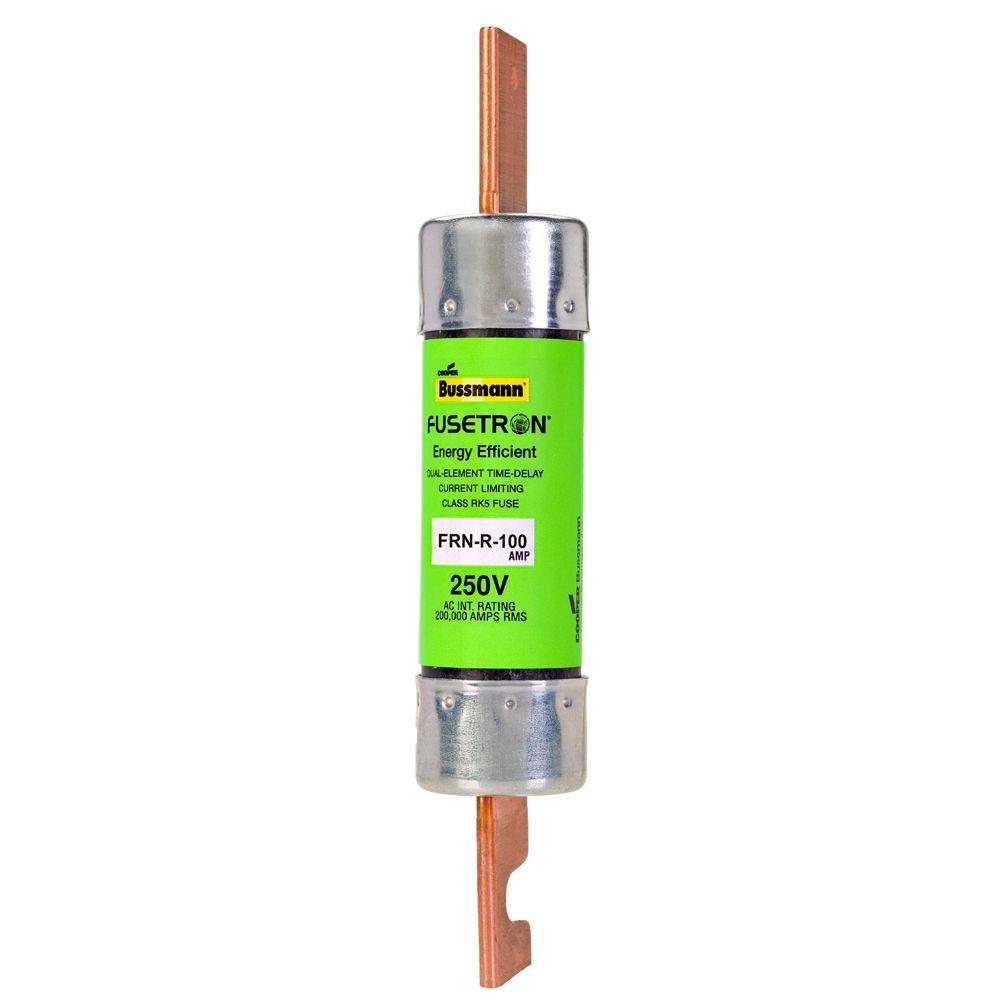


If there is safety cover that remains in place when you open the fuse box door, leave it in place. Watch out: Many fuse boxes or fuse panels have a hinged cover that can be opened to provide access to the fuses. Watch out: when electrical connections or bare wires or metal bus bars are exposed inside a fuse box or panel, if you touch one of these you will be shocked, injured, possibly killed. You can improve your safety by avoiding touching the electrical box at all if you are not familar with electrical wiring and safety procedures, by wearing heavy rubber gloves, by avoiding touching any electrical wires or connections in the electrical box, by noticing if the elecrical ground rod and ground wiring are missing from your property, and by reviewing these two articles:ĮLECTRICAL PANEL INSPECTION SAFETY - more detail about working safely around electrical panels and fuse boxes. Instead it's time to get people out of the building and call emergency services. If you see arcing, burns, smoke, fire at the electrical panel, don't touch it. If you are standing in water don't touch electrical equipment. Look at the fuse box and look at the floor before touching anything. Watch out: Consider safety for yourself and other building occupants first. See ELECTRICITY TURN ON AFTER BREAKER TRIP. If your electrical panel uses circuit-breakers (toggle switches) instead of fuses, This article is about replacing a blown fuse. How do we restore power to the dead circuit? So the lights have gone out, or some of your wall receptacles have died - a fuse has blown. Do not attempt these tasks unless you are properly trained and equipped. Watch out: Fatal Shock Hazard Warning: Inspecting electrical components and systems risks death by electrocution as well as serious burns or other injuries to the inspector or to others. Testing Main Circuit Breakers or Main Fuses in Electrical Panels We also provide an ARTICLE INDEX for this topic, or you can try the page top or bottom SEARCH BOX as a quick way to find information you need. These articles suggest safety procedures for the electrical inspector, home inspector, or other professionals who examine residential electrical systems.
50 AMP FUSE PROFESSIONAL
While we recommend that a professional inspector check these devices in some circumstances s/he should not do so, and extra care is always needed.
50 AMP FUSE SERIES
This article series discusses safety hazards at residential electrical panels using fuses or circuit breakers. Here we describe the types of fuses found in fused electrical panels, the causes of blown fuses, the right fuse size selection, and fuse replacement.

What to do if a fuse blows in your electrical panel: We have no relationship with advertisers, products, or services discussed at this website. InspectAPedia tolerates no conflicts of interest.


 0 kommentar(er)
0 kommentar(er)
